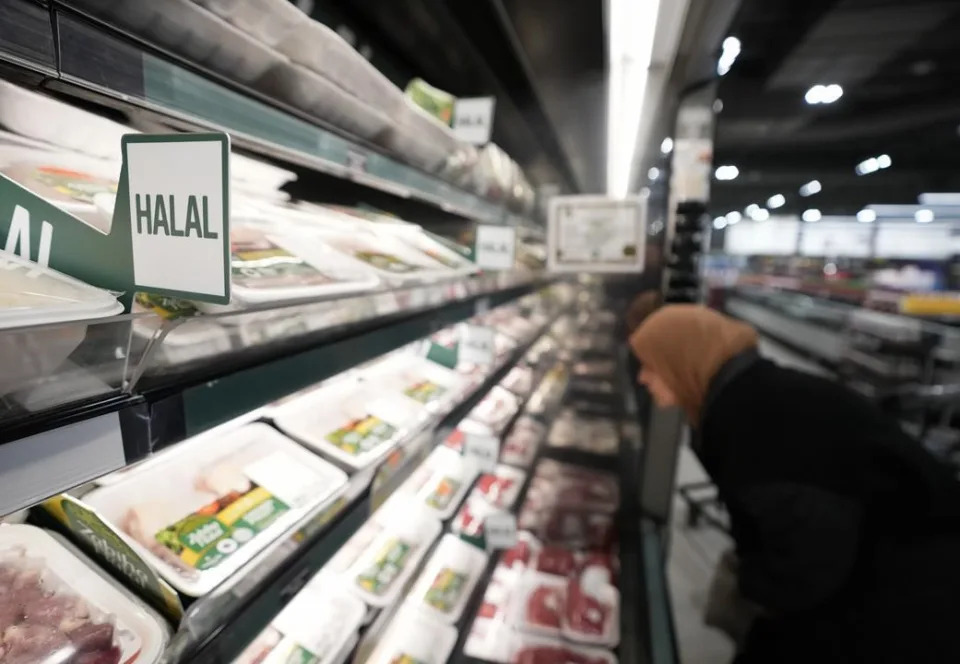By Shazia Khan and Shelina Janmohamed
There is a consumer segment that is growing faster than any other globally. In regions where both population and economy are stagnant, there is one group of consumers set to grow in both size and spending power: the Muslim consumer segment.
The global ‘Halal’ market is estimated at US$2.1 trillion, growing at a phenomenal US$500 billion annually. Muslims account for 23% of the world’s population and are expected to grow by 35% to be 2.2 billion in 2030. Muslims make up approximately 60% of the population of Malaysia.
The movers and shakers, the ones leading Muslim consumer trend, also dubbed ‘The Futurists’ tend to be under 30. This 42% of the Muslim population command disproportionate influence. Marketers who wish to build a relationship with these consumers need to recognize that glib generalizations are not enough. Industry consideration on how to best speak to Muslim consumers has grown rapidly in the last few years.
“Islamic Marketing” or “Islamic Branding” as it’s colloquially known is fast becoming one of the most hotly debated topics in today’s marketing circles. ‘Halal’ is moving beyond the conventional good, wholesome and pure. It is extending to beauty, pharmaceutical and even tourism. At the heart of this ‘Halal’ revolution is the unsung consumer, the new age Muslim consumer, the Futurist, responsible for shaping branding and marketing for the generations to come.
So who are these Futurists? In our segmentation of the Global Muslim consumer population, the Futurists show marked difference in values and behavior compared to the Traditionalists. Those brought up inthe aftermath of 9/11, have a strong sense of identity as Muslims, some suggest. They are twice as likely as theTraditionalists to say that ‘religion gives me a sense of identity’. It is this sense of purpose that differentiates them from global Gen Y populations. They are proudly individualistic unlike the Traditionalists who seek belonging and social harmony. The Futurists are driven by success and progression.
They believe in an Islam that is flexible, that allows them to find their own path, balancing their sense of self within the realms of the Ummah or society.
The Futurists are inarguably the first generation of educated, world travelled and tech-savvy Muslims. They use the knowledge of the world and their experiences to improve their lives and those around them. They are tomorrow’s catalysts, confident in using their knowledge and skills to bring about a positive change in their worlds.
For Marketers, the Futurists are an ideal target audience, simply because they enjoy the deepest relationships with brands. They seek brands that embrace the values that are important to them: humility, transparency, purity and togetherness; brands that shape the communities they serve and demonstrate a higher purpose that goes beyond product delivery. Brands that ignore or stereotype them will do so at their own peril.
If the revolution in the Middle East is anything to go by, the Futurists have a way of getting heard.
Shazia Khan is the Associate Planning Director Kuala Lumpur, and Shelina Janmohamed is the Senior Strategist for Ogilvy Noor.



